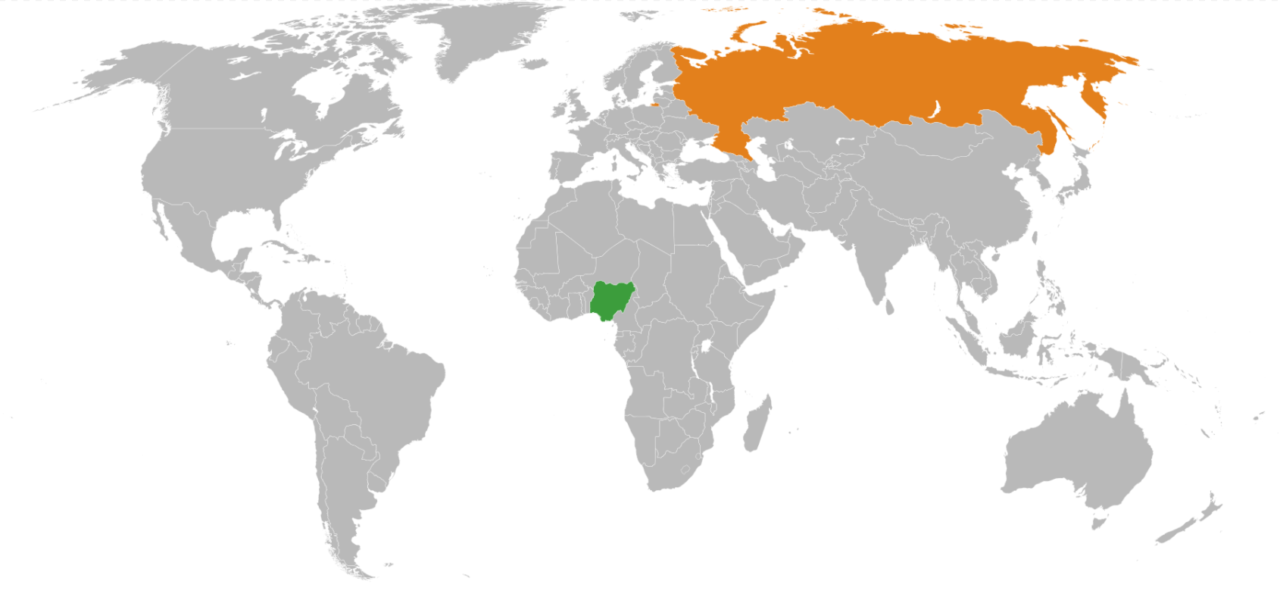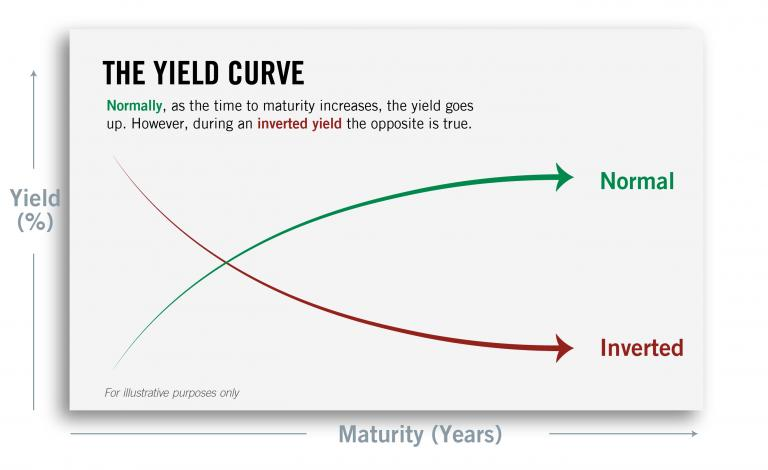How the world has changed in just a few months.
In November, the world gathered in Glasgow Scotland to ‘secure global net-zero by mid-century”. Net-zero means total emissions are equal to or less than the emissions removed from the environment. To do this, there would have to be many actions, including a “phaseout of coal”. A coal ban was a key goal, Alok Sherma, the UK President of the UN Climate Talks, said in July 2021 that “Governments must agree to end use of coal power” see diagram 1.
Diagram 1
The result of this conference was the Glasgow Climate Pact; I quote two items from the COP 26 text (36) & (37)
36. “accelerating efforts towards the phase-down of unabated coal power and inefficient fossil fuel subsidies, recognizing the need for support towards a just transition.”
37. Invites Parties to consider further opportunities to reduce non-carbon dioxide greenhouse gas emissions.
Coal was explicitly mentioned, fossil fuels were also mentioned. All 200 nations agreed in principle to cut off coal and reduce emissions. Many coal-using countries, including Canada, Ukraine, Indonesia, Vietnam, South Korea, and Poland, agreed to stop burning coal to generate electricity with 2030 set as a target date for larger economies and 2040 for smaller economies.
The UK government celebrated this victory over coal as a win, see diagram 2
Diagram 2
The government of the UK even brought forward its deadline to phase out coal from the Great Britain energy system by a year to October 2024. This would mean that in 10 years, coal usage would go from around a third to zero. Then Russia Invaded Ukraine, and everything changed.
I had written about the demise of crude oil in my Article “who moved Nigeria’s crude oil”. In Dec 2021, President Joe Biden ordered US Agencies to stop funding new carbon-intensive projects offshore. The policy defines “carbon-intensive” international energy engagements as projects whose greenhouse gas intensity is above a threshold lifecycle value of 250 grams of carbon dioxide per kilowatt-hour and includes coal, gas, or oil. To be clear, by this policy, NNPC and NLNG would no longer get US Agency Funding. They did not stop there; at the COP 26, the US and 40 other nations, including the UK, Netherlands, Switzerland, Belgium, Canada, Denmark, France, Germany, Italy, Spain, and Sweden, pledged to end new international finance for fossil fuels energy by the end of 2022 except in limited cases.
This was a serious threat to Nigeria and its fossil fuel-dominated economy.
The Russian invasion of Ukraine has changed the energy policy of many European States and exposed the hypocrisy of the climate change campaigners. The US has imposed severe economic sanctions on Russia, but Europe is addicted to Russian oil and gas to power her industries see diagram. In the short term, Europe must keep using Russian Oil and Gas; in the medium to a long time, Europe has given itself two main tasks. Both of these are net positive for Nigeria.
- Expand the use of fossil fuels like coal and oil
- Divest away from Russian gas
Expand the Use of Fossil Fuels.
The West realized that they went too fast in divesting from fossil fuels.
To correct this, the Times of London reports that the UK government has reached out to EDF, the operator of one of only three coal power plants in the UK to extend its operational life, see diagram 3. The plant was scheduled to close in September 2022. PM Boris Johnson has also met with UK Oil and Gas executives to boost investment in the North Sea and raise gas production in the UK. The UK is going back to coal and other fossil fuels.
Diagram 3
In less than a year, the business outlook for Nigeria has moved from a negative outlook for its energy exports to America and Europe to a firmly positive one driven by a buoyant market for fossil fuels exports.
Divest Away From Russian Oil & Gas
Robert Habeck, Vice-Chancellor and Minister for economy and energy, says Germany wants to reach a point where it can “pick and choose” which countries to build energy partnerships with. This is an opening to Nigeria. Nigeria is already a reliable partner and exporter of oil and gas to Europe see diagram 4. The long-term goal of cutting off Russian oil and gas means there is more market share for exports of fossil fuels from Nigeria, especially gas.
Diagram 4
Nigerian Gas Opportunity
Nigeria has been seeking to fund and build a 614km long trans-Saharan pipeline from her gas fields to Algeria and then on to Europe see Diagram 5. An MoU with Algeria and the Niger Republic has been signed, but the sticking point has been the funding for this pipeline. The Nigerian government has secured funding guarantees from China, but that funding has not materialized. One reason for this is the viability of the pipeline. Europe was tapping Russian Gas via its Nord I and soon be launched Nord II gas pipelines, so new pipeline years away from operations was a risk. Today, Russian gas use is long term going to decline, the Germans are building two LNG terminals to receive gas not pipped.
Diagram 5
What Must Nigeria do?
Please take advantage of the current change in perception of Russian fossil fuel exports and lock in funding for her gas master plan. According to British Petroleum, in 2019, Nigeria exported about 6.5% of LNG traded globally and ranked Nigeria as the world’s fifth-largest LNG exporter, behind Qatar, Australia, Malaysia, and the United States. Nigerian LNG has already concluded financial close on the seventh train, increasing its capacity to 1.4 Tcf. Germany will want more.
Nigeria should go to Germany today, sign a long-term off-take agreement, and secure funding. Tanzania, Guyana, and Mozambique also have a vast gas reserve that can be tapped exclusively for the European market, but they are plans on paper; NLNG exists today and has been a reliable international partner.
This is easy to type on paper, but the point is apparent fortune favors the prepared.
Do follow @finplankaluaja1






Comments are closed.